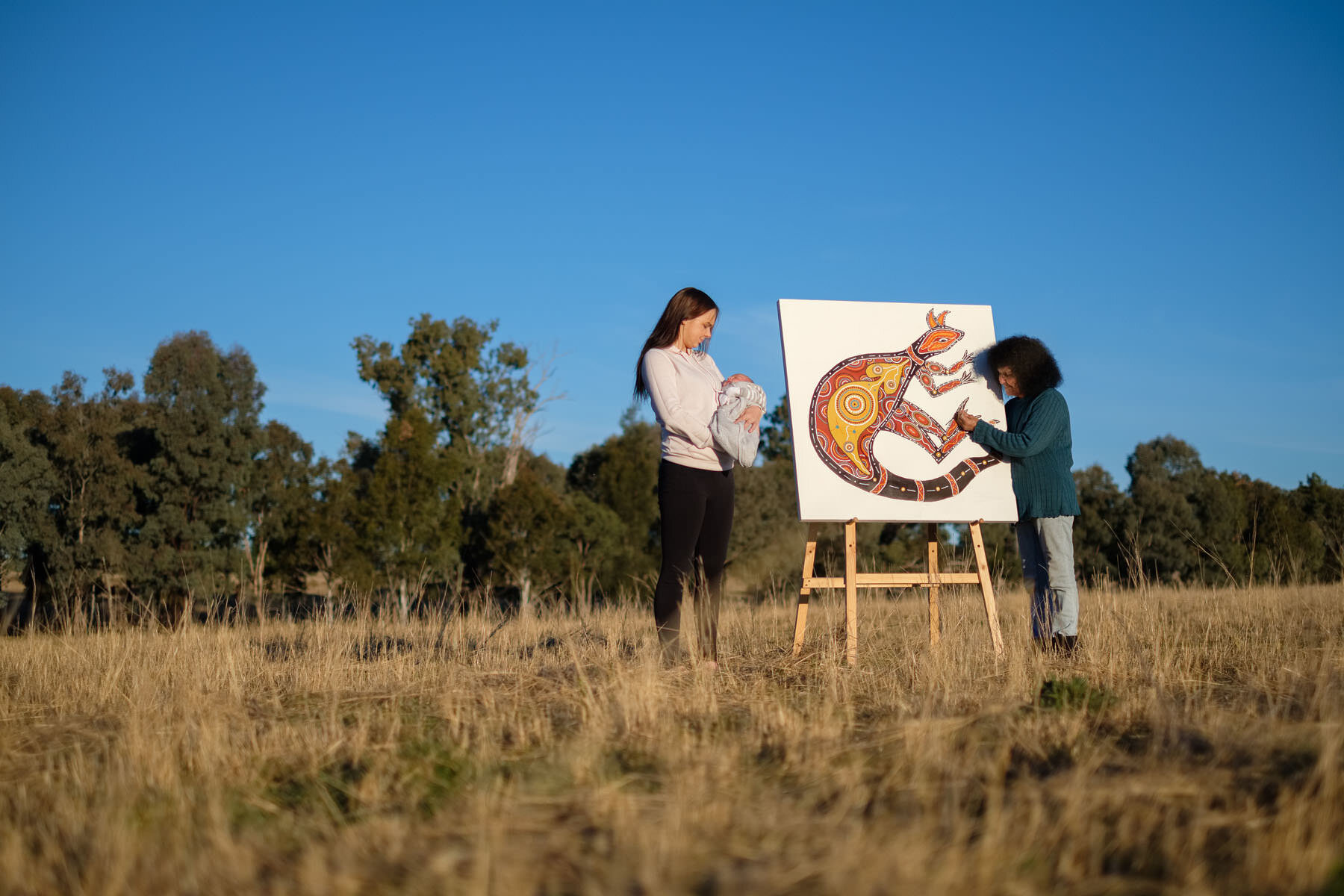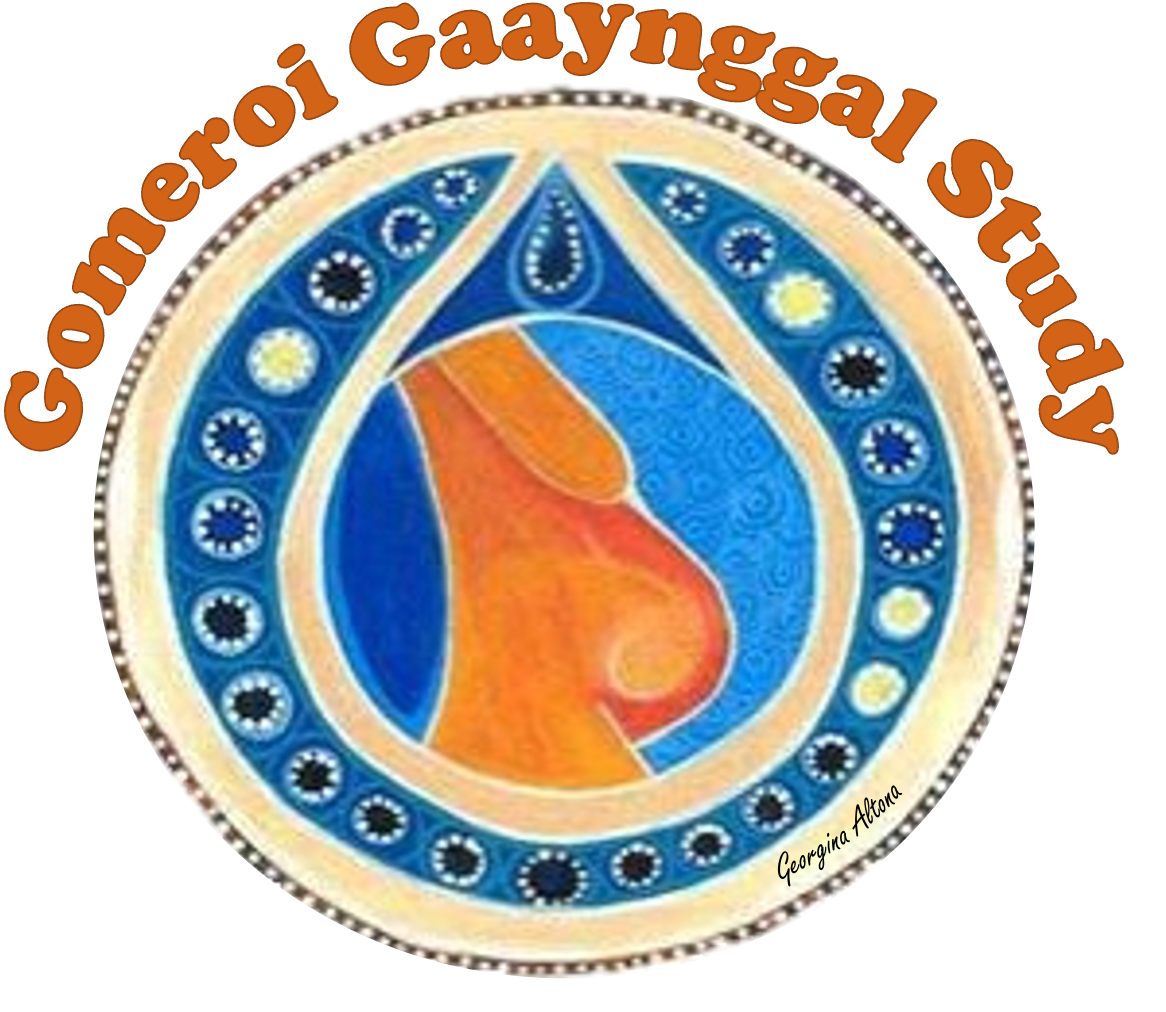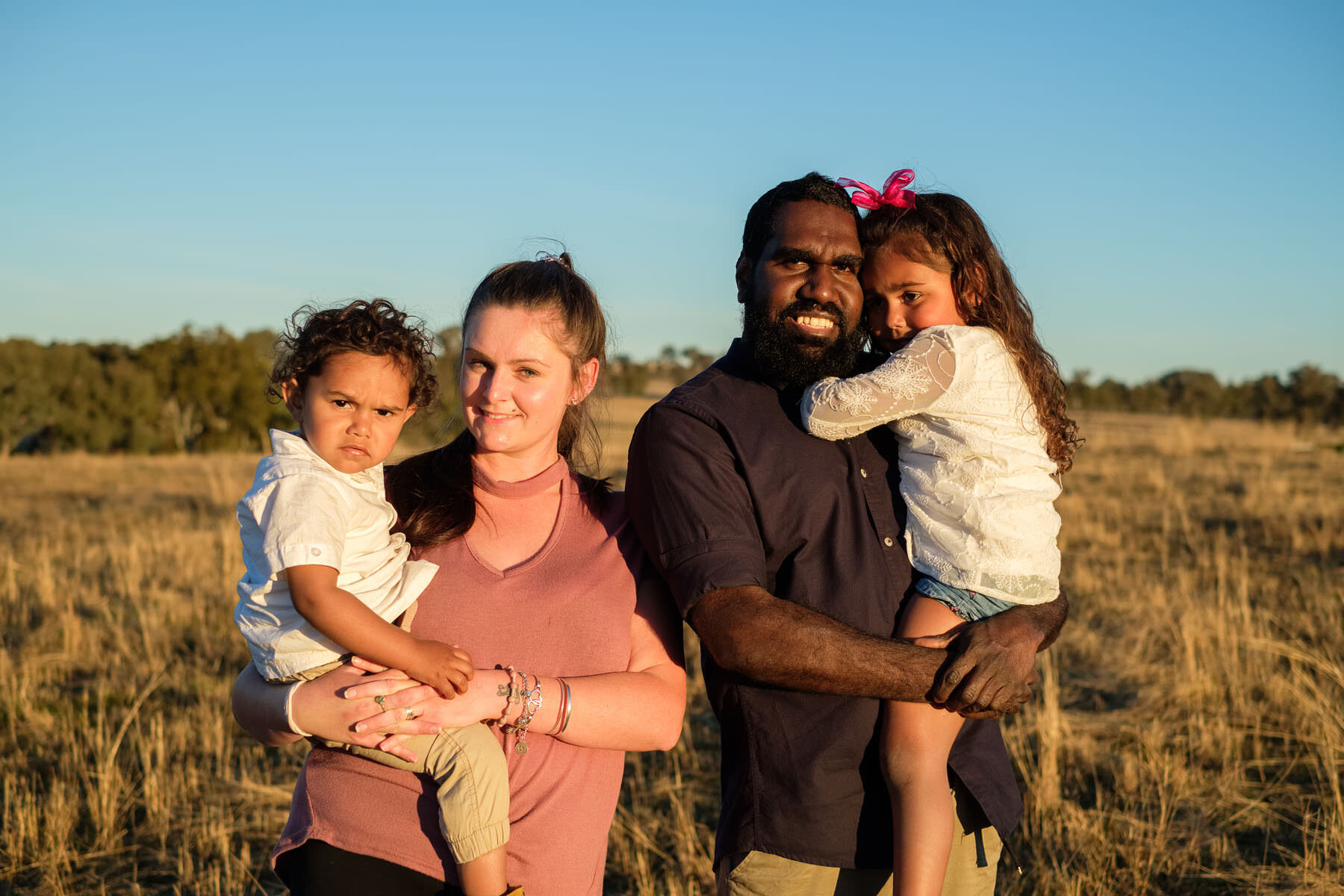
Our Findings
Thanks to the support of all the mums and bubs who have participated in our study, we have been able to make new discoveries in the area of Indigenous health!
Nutrition:
Increasing the amounts of healthy foods eaten during pregnancy could improve the health of children.
Lots of infants were receiving fruit juice in their diet. Although it may be seen as a healthy drink choice, fruit juice can actually be high in sugars! Fruit juice and sugar-sweetened drinks may contribute to weight gain and dental cavities early in life.
Smoking:
Health messages about smoking in pregnancy are being accepted in Tamworth communities! Our study has shown a 15.5 % decrease in the number of mums who have reported smoking during pregnancy.
Mothers who smoked during pregnancy had more babies that were born early (preterm).
Mothers who smoked during pregnancy had more babies that were born with a low birth weight, even if they were born at term.
The size of the kidneys in babies whose mothers smoked were smaller but they were in proportion to the babies’ body weight.
Stress:
Anxiety and depression were commonly reported during pregnancy. 20 % of participants likely to have moderate to severe symptoms of anxiety and depression during their pregnancy.
Obesity and overweight:
Obesity is an issue for all rural women regardless of whether or not they are Indigenous.
Women who were already overweight were most likely to gain too much weight during pregnancy.
Women who were obese were more likely to not gain enough weight during pregnancy.
The kidneys of babies from obese mothers are small when compared with the babies’ body size. This means that they may be working harder.
Our early data suggests that there is no impact of maternal obesity on a child’s’ kidney function. However, we measured this when the children were only two and a half years old. We need to check back in with the children in a few years to see if this has impacts later on in life.
Kidneys:
Approximately 10 % of the women in the study showed signs that their kidneys were not working as well as expected.
We looked at a new marker of kidney function that is decreased in Indigenous women. We think this marker might suggest an increased risk of having pregnancy complications and/or increased risk of getting kidney disease later in life. But we need to do more research on this to see if this is true.
The kidneys of babies from obese mothers are small relative to their body size. This means they may be working harder, which is not good.
Our early data suggests that there is no impact of maternal obesity on a child’s’ kidney function, however we measured this when the children were two and a half years old, so we need to check back in with the children in a few years to see if this has impacts later on in life.
The kidneys of babies whose mothers smoked were smaller, but they were in proportion to the babies’ body weight.
Pregnancy outcomes:
Up to 15% of babies in the study were born early (before 37 weeks of pregnancy) and this is much higher than the national average of 8%.
Interestingly, a higher-than-average number of male babies were born in the study to date (57.6% of all babies were male!).
46% of women in the study had at least one adverse pregnancy outcome.
Our findings suggest that being born early, bigger than usual or being exposed to a high sugar/low nutrient environment while in mum’s belly, is associated with an increased risk of unhealthy weight gain in early childhood.
Breastfeeding:
We found that 85.9% of mothers start breastfeeding. However, many women only breastfeed for about 1.4 months, which is much shorter than the recommended 6 months. We think this means that there may be some barriers that are stopping women from continuing breastfeeding. Improved support for women who are breastfeeding may be needed so that mothers can continue to breastfeed their infants.
Importantly, none of the breastfeeding women, and only five non-breastfeeding women, reported drinking alcohol.
The Gomeroi Gaaynggal Study is evidence that community-based programs aimed at improving the health and wellbeing of Aboriginal and Torres Strait Islander peoples are helping to ‘Close the Gap’ in health disparities in Aboriginal and Torres Strait Islander peoples.








